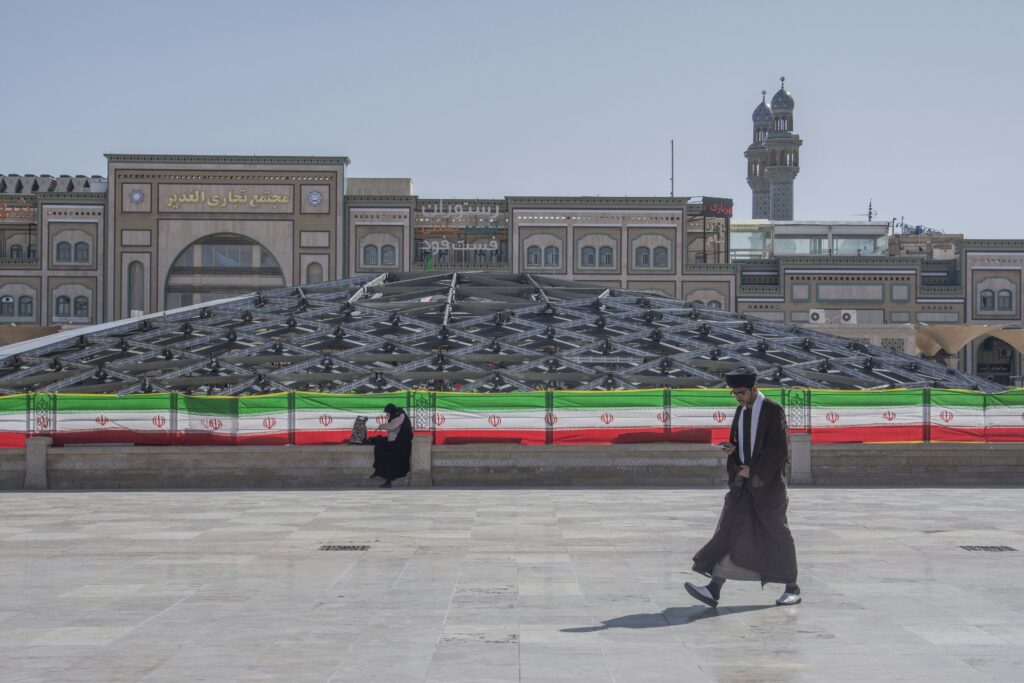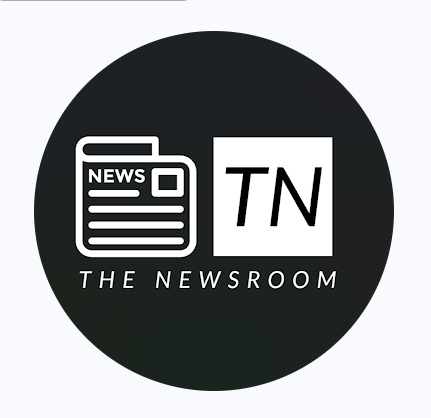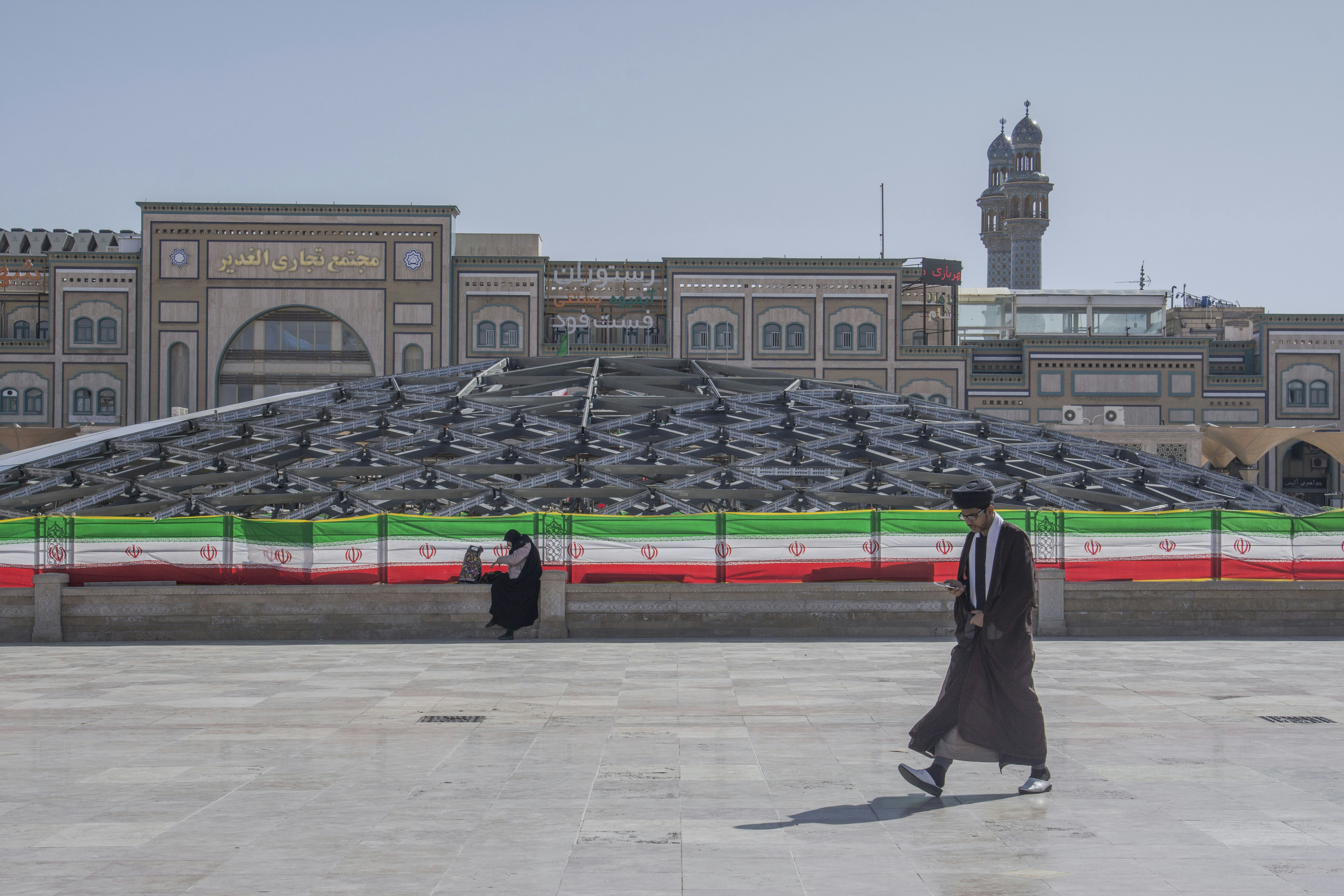
Overview of the New Report
The latest report on Iran’s nuclear program presents a nuanced understanding of the current state of its nuclear capabilities and adherence to international obligations. Released by a prominent organization monitoring nuclear activities, this assessment underscores several key findings that are pivotal in the realm of global politics. Primarily, the report indicates that Iran continues to enrich uranium beyond the limits set by the Joint Comprehensive Plan of Action (JCPOA), with enriched uranium stocks now significantly exceeding threshold levels.
The report further indicates that while Iran has engaged in diplomatic conversations surrounding its nuclear ambitions, compliance with international regulations has remained inconsistent. Notably, the International Atomic Energy Agency (IAEA) has raised concerns about transparency and access to certain sites suspected of nuclear activity. This lack of access has fueled apprehensions about the potential advancement of Iran’s nuclear weapons capabilities. Additionally, recent activities such as the installation of advanced centrifuges point toward an accelerating enrichment process, prompting further scrutiny from global powers.
In analyzing these findings in the context of previous assessments, it becomes clear that there has been a discernible shift in Iran’s approach to its nuclear program. Whereas earlier reports emphasized adherence to the JCPOA, the latest assessment reflects a more defiant posture. The implications of these developments are significant, affecting not only regional dynamics within the Middle East but also the posture of countries participating in the ongoing negotiations. As the global community continues to reconsider its strategies, the report serves as a crucial touchstone for understanding the evolving landscape of nuclear diplomacy with Iran.
Implications for Global Nuclear Non-Proliferation
The recent report on Iran’s nuclear advancements carries significant implications for global nuclear non-proliferation efforts, particularly concerning the Non-Proliferation Treaty (NPT) and subsequent international agreements. Iran’s progress in nuclear technology has raised alarms among various nations, creating a ripple effect that may undermine decades of diplomatic efforts aimed at curbing nuclear proliferation. The NPT, which is designed to prevent the spread of nuclear weapons, faces renewed scrutiny in light of Iran’s continuing advancements. Should Iran enhance its capabilities to a point where it achieves nuclear weapons status, this development could prompt other nations to reconsider their own nuclear policies and ambitions, potentially leading to a domino effect in the region.
Middle Eastern countries, in particular, might feel compelled to reassess their security strategies vis-à-vis Iran’s atomic progress. Countries such as Saudi Arabia and the United Arab Emirates may perceive a need to develop similar capabilities as a counterbalance to ensure their national security. The concern centers on the possibility that nuclear proliferation in the Middle East could escalate regional tensions and provoke an arms race, making it increasingly challenging to achieve global disarmament goals. The dynamics of geopolitical power are shifting, further complicating the landscape of nuclear non-proliferation.
Additionally, the reaction from global powers regarding Iran’s nuclear advancements will be critical. The European Union, United States, and China are all likely to engage in renewed diplomacy to recalibrate their approaches to the Iranian nuclear dilemma. These nations must balance the urgency of preventing nuclear proliferation with the need for diplomatic engagement to bring Iran back to compliance with its international obligations. As the implications of Iran’s nuclear advancements unfold, their effects on the non-proliferation regime will become palpably evident, challenging existing frameworks and prompting a reevaluation of strategies designed to maintain global peace and security.
Geopolitical Reactions and Strategies
The recent report on Iran’s nuclear program has elicited a varied range of reactions from key geopolitical players, each motivated by their own national interests and strategic calculations. The United States, which has long been critical of Iran’s nuclear ambitions, is likely to reassess its foreign policy in light of the findings. There is an increasing call within U.S. policy circles to bolster sanctions while simultaneously reaffirming the importance of diplomacy. The Biden administration may pursue a dual approach, looking to contain Iran’s nuclear capabilities through pressure while remaining open to a renewed diplomatic engagement. This balances the need to deter further nuclear development and avoid escalating tensions in the Middle East.
The European Union, on the other hand, has historically taken a more diplomatic route, seeking to facilitate dialogues between Iran and global powers. Following the report, EU officials may advocate for a restoration of the Joint Comprehensive Plan of Action (JCPOA) but will likely face challenges in reconciling different views among member states. Some EU countries might push for a firmer stance against Iran, expecting renewed sanctions, while others may call for further negotiations to prevent a complete breakdown of dialogue.
Regional powers like Israel and Saudi Arabia are also adjusting their strategies in response to the report. Israel, particularly, has been vocal about its concerns, emphasizing that Iran should not be allowed to possess any nuclear capabilities. In this context, Israel may consider enhancing its military preparedness, including potential preemptive strikes or increased intelligence operations against Iranian facilities. Saudi Arabia, meanwhile, might seek to strengthen its strategic partnerships with the U.S. and other Gulf states to counter what it perceives as an existential threat. The potential for emerging alliances or even a cooperative front among these nations could redefine the balance of power in the Middle East, signaling a shift towards a more militarized regional dynamic as they respond to the ongoing developments related to Iran’s nuclear program.
The Path Forward: Potential Outcomes
The newly released assessment on Iran’s nuclear program presents several potential outcomes with far-reaching implications for global politics. One possible scenario is the resumption of diplomatic negotiations aimed at reestablishing a framework akin to the Joint Comprehensive Plan of Action (JCPOA). Diplomatic engagement may involve pivotal stakeholders, including the United States, European Union, and regional powers like Saudi Arabia and Israel, each with vested interests in the outcome. These negotiations could lead to a renewed commitment from Iran to limit its nuclear activities, in exchange for sanctions relief and enhanced economic support.
Alternatively, if diplomatic avenues prove unsuccessful, the international community might consider imposing tighter sanctions on Iran. Such measures could target key sectors of Iran’s economy, further isolating the country and exerting pressure on its leadership to return to the negotiating table. However, the effectiveness of sanctions has been debated, as they can also lead to increased resentment and defiance from Iran’s government. Moreover, the potential for exacerbating humanitarian issues must be taken into account, as sanctions can impact the civilian population disproportionately.
Military options remain another avenue that could be pursued should diplomatic efforts fail. Preemptive military action aimed at Iran’s nuclear facilities is a consideration that certain governments may weigh heavily. However, military intervention carries significant risks, including potential escalation of conflict within the region and beyond. As nations evaluate these options, it is essential that strategic calculations balance the urgency of preventing nuclear proliferation with the need for long-term regional stability.
International organizations, such as the United Nations and the International Atomic Energy Agency (IAEA), will play crucial roles in monitoring compliance and facilitating dialogue. Their involvement may help to assuage tensions and provide a platform for constructive engagement moving forward. As these dynamics unfold, the world watches closely, understanding that the path taken will shape not only the future of Iran’s nuclear program but also the broader geopolitical landscape.

